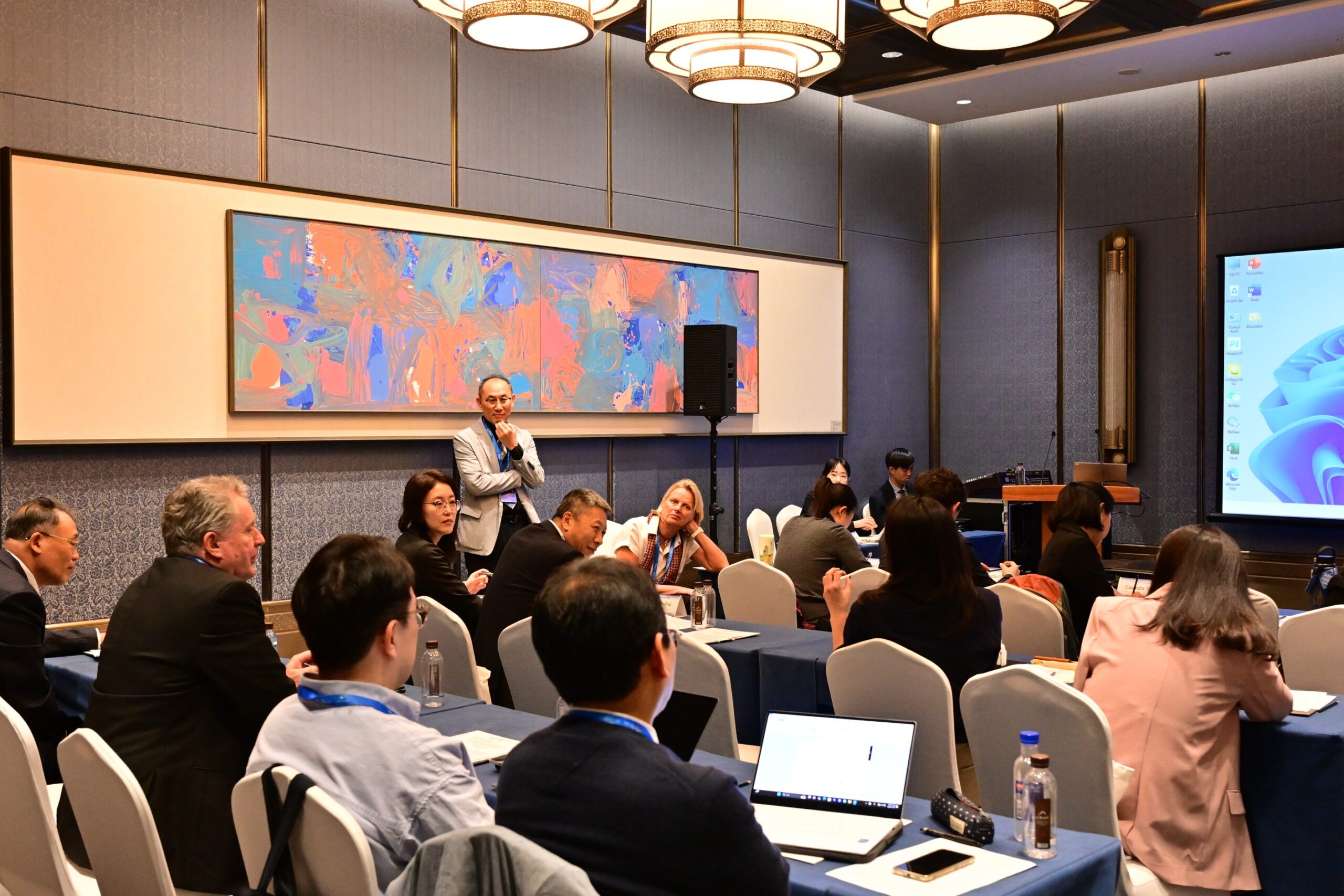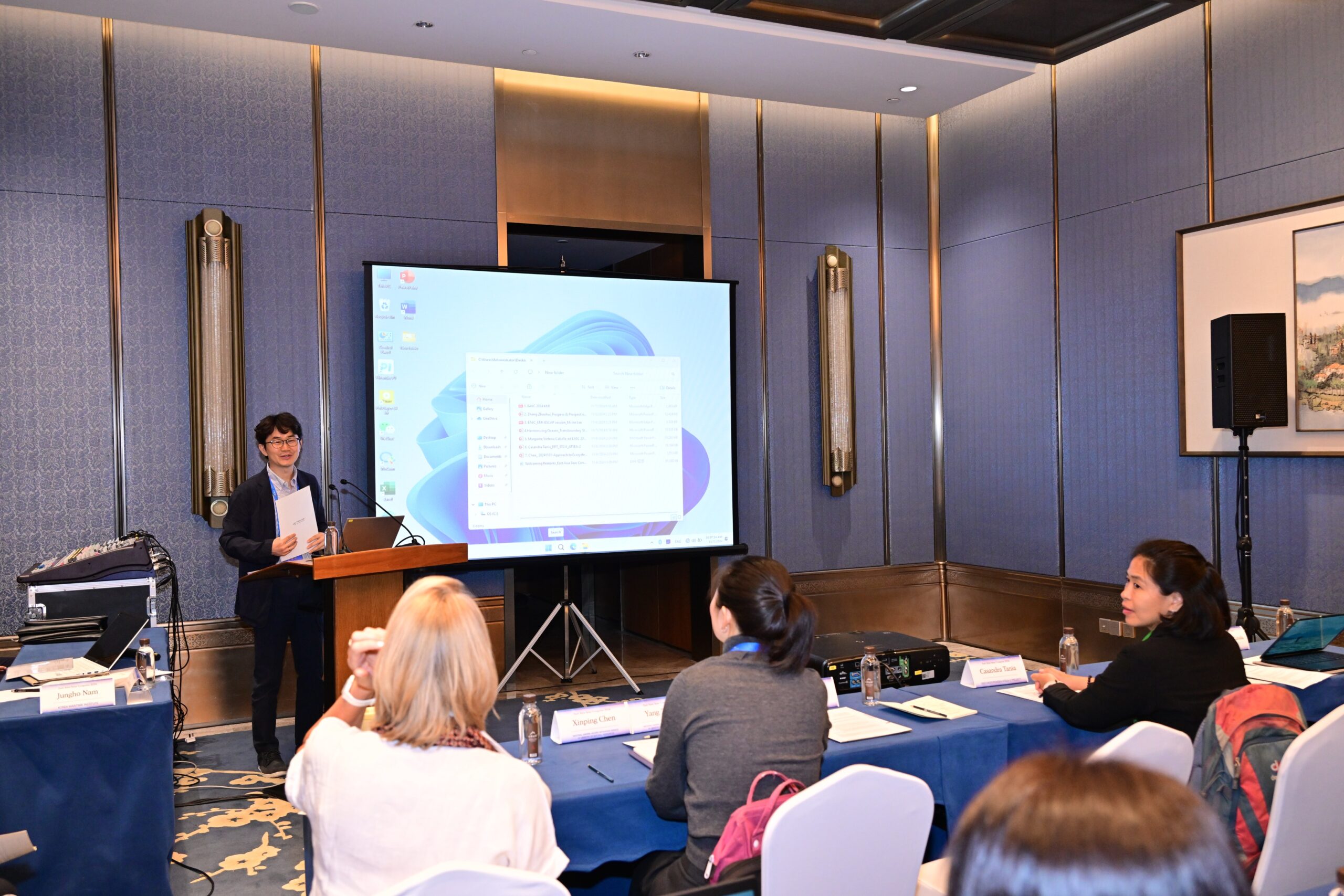ST 2.6 – Harmonizing Oceans: Transboundary Strategies for Climate Resilience in North-East Asia

Participants asked highly-relevant questions about climate resilience and other issues. (PRF)
“Enhancing resilience is the key to addressing the combined crisis of climate change and biodiversity loss. To do this, transboundary cooperation in North-East Asia through Marine Protected Areas is absolutely crucial,” reiterated the presentors at the session entitled Harmonizing Oceans: Transboundary Strategies for Climate Resilience in North-East Asia, held on the second day of the EAS Congress in Xiamen.
The session addressed the pressing challenges of climate change and biodiversity loss, while emphasizing the critical role of Marine Protected Areas (MPAs) in mitigating these impacts. Aligning with global frameworks such as SDG 14 and the Global Biodiversity Framework (GBF), participants acknowledged the urgency of meeting the 30×30 target, with only six years remaining.
Ecosystem-based disaster risk reduction (Eco-DRR) emerged as a vital approach, with China’s Coastal Protection and Restoration Projects demonstrating significant effectiveness. Transboundary cooperation was highlighted through the ATSEA-2 project, which conducted Climate Change Vulnerability Assessments (CCVA) in the Arafura and Timor Seas region, describing the design of an MPA network aimed at enhancing climate resilience.
The North-East Asian Marine Protected Areas Network (NEAMPAN) was recognized as a crucial platform for regional collaboration, aligning with mechanisms such as COBSEA, PEMSEA and IUCN Asia to strengthen MPA management and climate resilience.
The session focused on enhancing genuine regional collaboration, balancing national competition with cooperation, and building sustainable partnerships through local government engagement. It is in line with Action 4 of the Xiamen Ministerial Declaration by promoting the adoption of ocean-based climate solutions to help mitigate greenhouse gas emissions while addressing ocean pressures from biodiversity loss, eutrophication, marine plastic pollution, hypoxia, and acidification.
“The session underscored the importance of transboundary collaboration, ecosystem-based approaches, and regional partnerships. Accelerated efforts are needed to expand MPA coverage, enhance conservation outcomes, and build resilience. Strengthening networks like NEAMPAN and leveraging synergies with other regional initiatives will be pivotal in achieving shared goals in North-East Asia.”.

Participants asked highly-relevant questions about climate resilience and other issues. (PRF)
